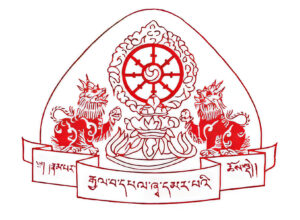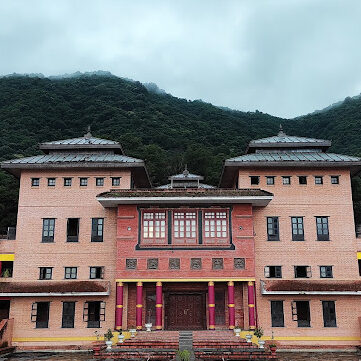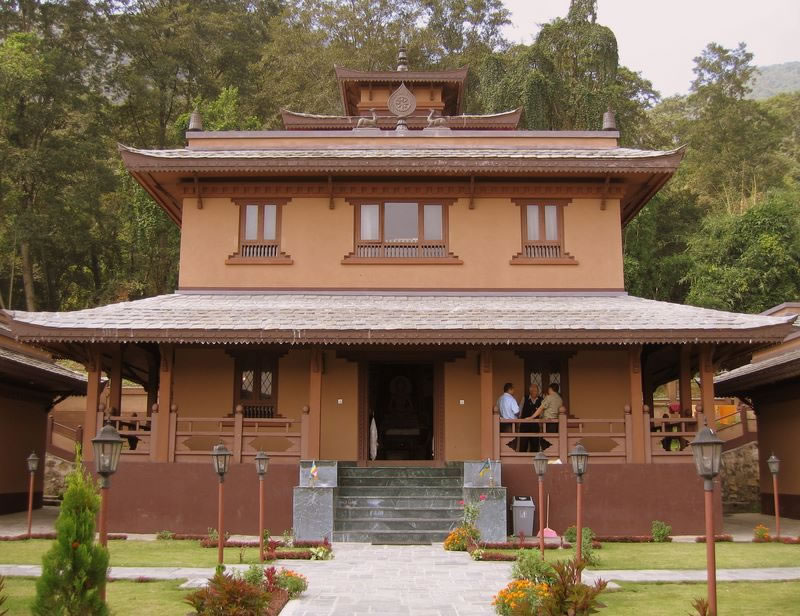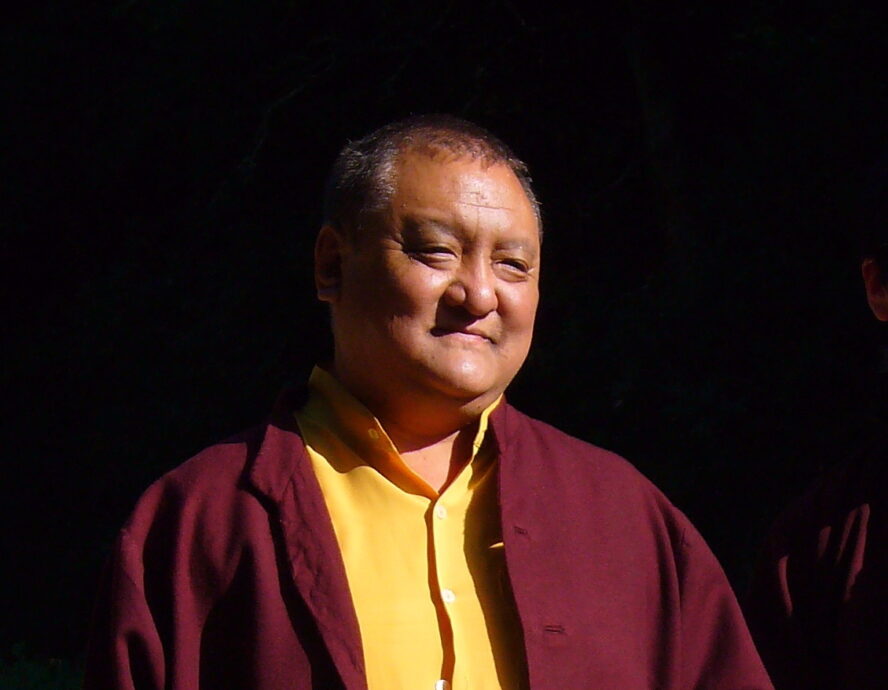Shar Minub

In Kathmandu, in a valley at the base of Nagarjuna mountain, Shamar Rinpoche is developing a large monastery called Shar Minub. “Shar” means “to rise”, “Nub” means “to set”, and “Mi” means “no”. Therefore “Shar Minub” means “To rise, but not to set.” It is a large project with several phases.

Monastery and Spiritual Center
At its core, Shar Minub is a thriving monastery where monks and practitioners engage in daily rituals, meditation, and the study of Buddhist scriptures. The serene environment, surrounded by lush greenery and traditional Himalayan architecture, provides an ideal setting for spiritual practice and contemplation. The main temple, adorned with intricate murals and statues of Buddhas and Bodhisattvas, is a focal point for worship and ceremonies.
Institute of Buddhist Studies
Shar Minub is also home to an esteemed Institute of Buddhist Studies, offering comprehensive education in Buddhist philosophy, practice, and Tibetan language. The institute attracts students from around the world, providing a rigorous curriculum that includes teachings from esteemed lamas and scholars. Courses range from introductory classes for beginners to advanced studies for those seeking to deepen their understanding of the Dharma.


Leadership and Legacy
Shar Minub was established under the guidance of the 14th Shamarpa, Mipham Chokyi Lodro, a revered figure in the Karma Kagyu lineage. His vision and teachings continue to inspire the activities and direction of the center. Today, the center remains a beacon of Buddhist learning and practice, upholding the rich legacy of the Shamarpa lineage.
In summary, Shar Minub is a multifaceted institution dedicated to the study, practice, and preservation of Buddhism. It stands as a testament to the enduring spiritual and cultural heritage of the Karma Kagyu tradition, serving both local and international communities with its diverse offerings.